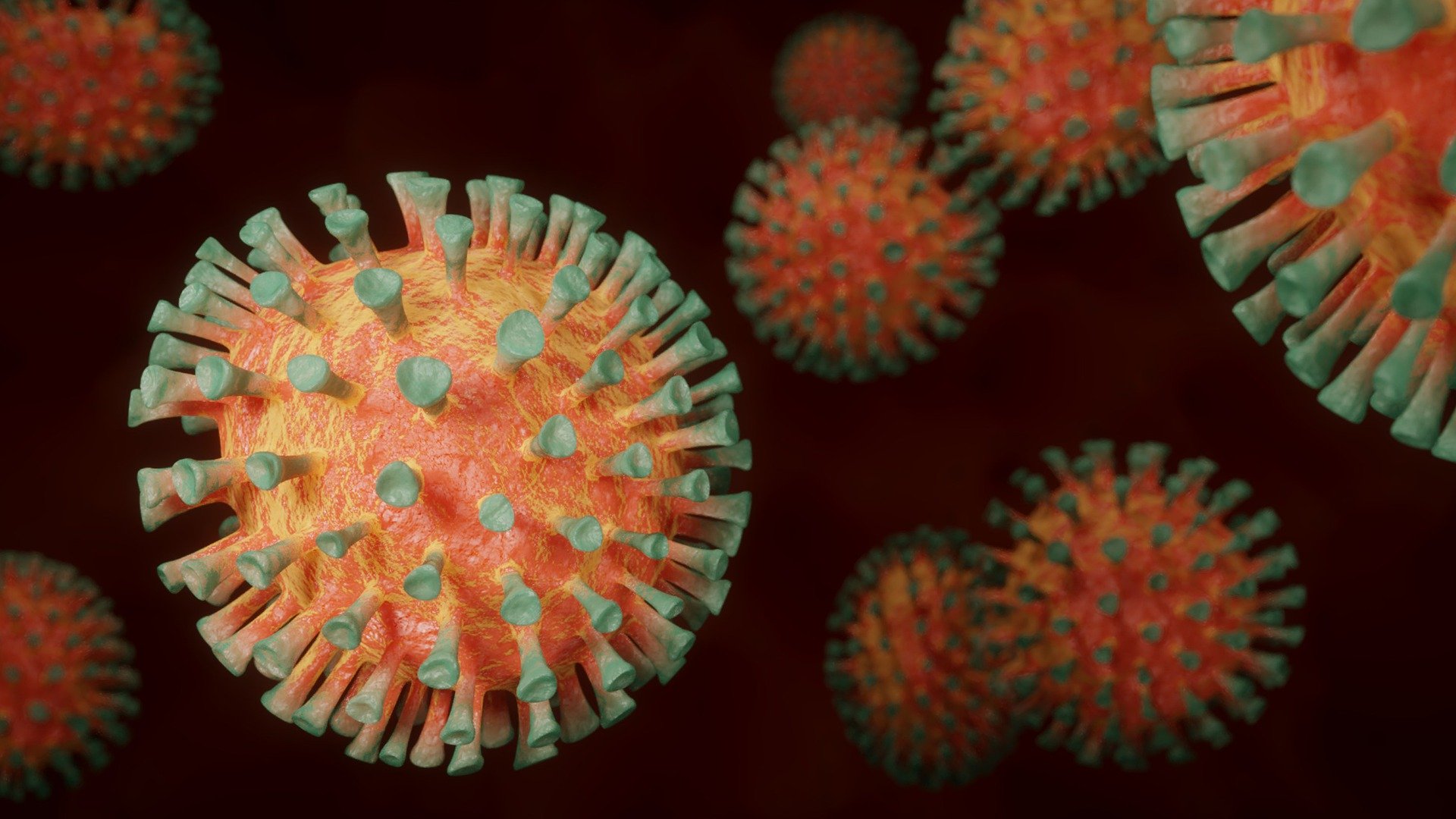The COVID-19 pandemic has caused rapid changes across the globe in nearly every facet of life. Now, University of Connecticut professor of engineering Bahram Javidi is developing a low-cost, portable COVID-19 testing instrument to test for the virus just as quickly.
Through support from the Office of the Vice President for Research’s COVID-19 Research Seed Funding (COVID-RSF2) Program, Javidi is developing a novel technology with the potential to improve COVID-19 testing capacities. Javidi has appointments in the School of Engineering’s Departments of Electrical and Computer Engineering and Biomedical Engineering.
Javidi, who studies exotic optical imaging approaches for a broad array of applications from security systems to biomedicine, is now working to create an instrument that can quickly detect COVID-19.
The instrument uses a small blood sample, amounting to no more than a finger prick-worth of blood, to test for the virus. While still in the early stages of development, the instrument can provide results within minutes.
“If our approach is successful, it could tell the patient right on the spot if they have an infection, rather than waiting for days,” Javidi says.
The device is relatively simple and does not require someone with advanced medical training to operate it.
Another advantage of Javidi’s instrument is that it is small and portable. This would make it especially useful in rural settings where people may live hours away from the nearest hospital.
“In remote areas in the United States and globally where health care resources are diminished, this could be attractive,” Javidi says.
Javidi is collaborating with UConn School of Medicine Dean Dr. Bruce Liang, who is working with COVID-19 patients at UConn Health. Liang has an ongoing COVID-19 study and is working with a pool of patients who have tested positive for COVID-19. Javidi says Dr. Liang’s help is essential to determine the accuracy of the instrument Javidi’s team developed.
“It’s exciting to collaborate with the research team to test the effectiveness of this simple yet innovative rapid testing technology that holds incredible promise to help our world revolutionize the widespread testing of patients suspected of having COVID-19, whether they live in small towns or big cities, or even general prevalence testing among certain populations,” says Liang.
Javidi is currently collecting data to assess the effectiveness of the device. Once that is proven, he hopes to broaden his efforts to put the device to work in health care settings.
Javidi serves as the director for the Multidimensional Optical Sensing & Imaging Systems (MOSIS) Laboratory. He holds a Ph.D. in electrical engineering from Pennsylvania State University.



